Night Sweats – Causes, Symptoms, And Home Remedies
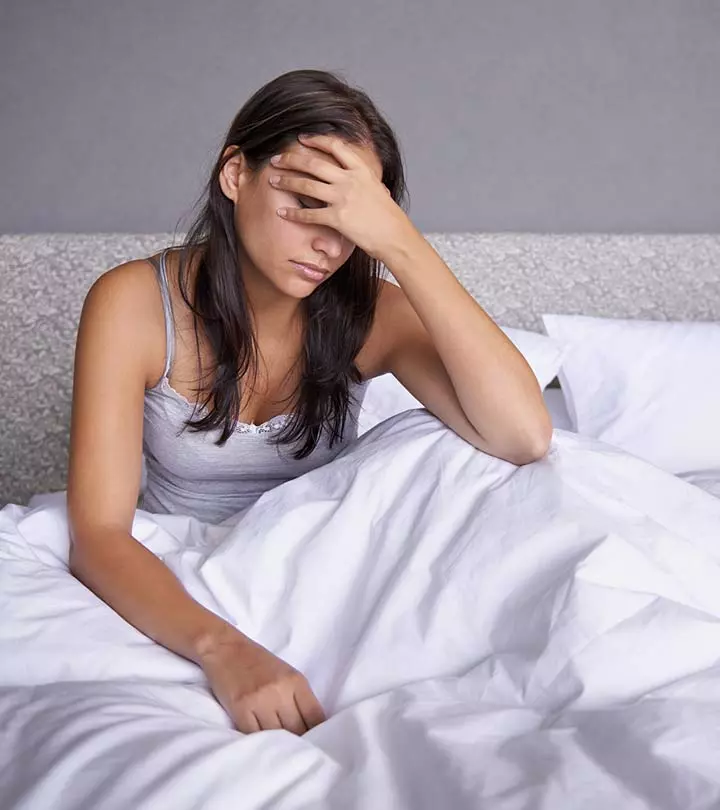
Image: Shutterstock
We understand how difficult it can be for you to experience frequent night sweats. Waking up in the middle of night, drenched in sweat as if you have had a spine-shivering nightmare, is not something anybody looks forward to. Hence, we have unearthed some natural home remedies to combat this condition. Keep reading to find answers to all your questions.
In This Article
What Are Night Sweats?What Causes Night Sweats?Signs And Symptoms Of Night SweatsHome Remedies To Stop Night SweatsPrevention Tips
What Are Night Sweats?
Night sweats are nothing but the condition of excessive sweating in the night. This is a common symptom in both men and women and is often a result of an underlying medical condition.
Night sweats could be a result of varying causes, and some of them are discussed below.
What Causes Night Sweats?
Though the condition occurs in both men and women, each gender has different causes. In women, night sweats could be a major symptom of menopause or perimenopause.
Some common causes of night sweats in adults and children are:
- Certain medications like antidepressants or drugs used to treat diabetes
- Fever
- Weight loss
- Certain infections, like HIV
- Medical conditions like cancer, anxiety, or autoimmune disorders
- Use of recreational drugs
Given below are some signs and symptoms associated with night sweats.
Signs And Symptoms Of Night Sweats
Night sweats are a symptom of an underlying health condition, which can be any of the following:
- Chills
- Fever
- Vaginal dryness
- Mood swings
Let us now see how we can naturally get rid of this exasperating condition.
Home Remedies To Stop Night Sweats
- Essential Oils
- Ginger
- Pomegranate Juice
- Aloe Vera Juice
- Black Cohosh
- Ginseng
- Flaxseed
- Vitamins
- Evening Primrose Oil
How To Treat Night Sweats Naturally
1. Essential Oils
a. Lavender Oil
You Will Need
- 3-4 drops of lavender oil
- Diffuser
What You Have To Do
- Add three to four drops of lavender oil to a diffuser.
- Allow the pleasant aroma of lavender to spread throughout your room.
How Often You Should Do This
You must do this at least once daily, preferably before you go to sleep.
Why This Works
Lavender oil not only helps relieve stress but also promotes sleep with its sedative and calming properties (1), (2). It can also help balance your hormones and is thus a great way to combat night sweats.
b. Clary Sage Oil
You Will Need
- 3-4 drops of clary sage oil
- A clean napkin
What You Have To Do
- Take a few drops of clary sage oil on your fingers and massage it gently on your neck and the soles of your feet.
- You can also pour a few drops of the oil on a clean napkin and inhale its fragrance.
How Often You Should Do This
You must do this 1 to 2 times daily.
Why This Works
Clary sage oil can help relieve stress and depression. With its muscle-relaxing effects, it can also promote sleep – which is why it can help combat night sweats (3), (4).
2. Ginger
You Will Need
- 1-3 inches of grated ginger
- 1 cup of hot water
- Honey
What You Have To Do
- Add one to two inches of grated ginger to a cup of hot water.
- Steep for 5 to 10 minutes.
- Add some honey to the tea and consume immediately.
How Often You Should Do This
Consume ginger tea thrice daily.
Why This Works
Ginger is a natural source of phytoestrogens, which means it can balance your hormones and keep night sweats and mood swings at bay (5). It also has anti-inflammatory properties that fight inflammation in the body (6).
3. Pomegranate Juice
You Will Need
1 cup of fresh pomegranate juice
What You Have To Do
Drink a cup of fresh pomegranate juice.
How Often You Should Do This
You must drink this juice 1 to 2 times daily.
Why This Works
Pomegranates contain phytoestrogens, polyphenols, ellagitannins, and anthocyanins – all of which are powerful antioxidants that help balance your hormones. The fertility-enhancing and hormone-balancing properties of pomegranates are quite beneficial in combating night sweats (7).
4. Aloe Vera Juice
You Will Need
1 cup of aloe juice
What You Have To Do
Consume a cup of aloe juice.
How Often You Should Do This
You must drink this juice once daily.
Why This Works
The phytonutrients and phytoestrogens in aloe vera not only help in balancing your hormones but also relieve stress and improve sleep (thanks to the plant’s sedative properties). The anti-inflammatory properties of aloe vera help in reducing inflammation within your body (8), (9).
5. Black Cohosh
You Will Need
20 mg of black cohosh supplements
What You Have To Do
Consume 20 mg of black cohosh supplements.
How Often You Should Do This
Twice daily, preferably every morning and night.
Why This Works
Black cohosh is widely used by women to treat hormone-related symptoms and is often used as a natural substitute for hormone replacement therapy. The herb is believed to contain potent phytochemicals with estrogenic activity, which may help in balancing your hormones and treating symptoms related to hormonal problems (like night sweats and hot flashes) (10).
6. Ginseng
You Will Need
- 1-2 teaspoons of ginseng tea
- 1 cup of water
- Honey
What You Have To Do
- Add one to two teaspoons of ginseng tea to a cup of water.
- Bring it to a boil in a saucepan and simmer for 5 minutes.
- Allow it to cool a little and add some honey to it.
- Consume the tea immediately.
How Often You Should Do This
Drink this tea 2 to 3 times daily for a few weeks.
Why This Works
Ginseng exhibits estrogenic properties. And when taken regularly, it can help you deal with menopausal symptoms like night sweats (11). However, ensure you don’t take too much of it as it can have negative effects on your health.
7. Flaxseed
You Will Need
- 1 tablespoon of powdered flaxseed
- 1 glass of warm water or milk
- Honey (optional)
What You Have To Do
- Add a tablespoon of powdered flaxseed to a glass of warm water or milk.
- Mix well and allow it cool a bit before adding some honey.
- Consume the mixture immediately.
How Often You Should Do This
Do this once daily.
Why This Works
Packed with beneficial nutrients like omega-3 fatty acids, fiber, and lignans, flaxseeds possess various health benefits. Studies show that the seeds can also treat menopausal symptoms like night sweats and hot flashes (12).
8. Vitamins
Vitamins E and B are known to help ease menopausal symptoms like night sweats and hot flashes, thanks to their antioxidant potential. Also, restoring any deficiency in vitamin B was found to improve the symptoms of night sweats (13), (14).
A few foods rich in these vitamins include spinach, lettuce, fish, poultry, meat, eggs, sweet potato, and almond butter. You can also take additional supplements for these vitamins after having a word with your doctor.
9. Evening Primrose Oil
You Will Need
500 mg of evening primrose oil capsules
What You Have To Do
Consume 500 mg capsules of evening primrose oil.
How Often You Should Do This
You must consume these 2 to 3 times daily.
Why This Works
Although widely used to enhance the reproductive health of women, evening primrose oil also has many other benefits. It possesses soothing and cooling properties that can lower the temperature of your body, thus helping you deal with night sweats. Primrose oil can also help regulate your estrogen levels and combat symptoms of menopause (15).
While these remedies do their magic, here are some more tips to help you treat night sweats and prevent their recurrence.
Prevention Tips
- Reduce the intake of caffeine as it is known to worsen the condition.
- Don’t wear tight-fitting clothes. Wear light and loose clothing throughout the day.
- Take a warm bath before bedtime as it will help in reducing your internal body temperature.
- A cold bath occasionally will also give a quick but temporary relief.
- Exercise every morning to keep your stress levels under control.
- Avoid drinking alcohol.
- Stay away from spicy food.
- Do not smoke – actively or passively.
- Turn down the temperature in your bedroom using a fan or air conditioner before going to bed.
Night sweats may take a while to heal, and hence, you must follow these remedies and tips religiously to treat the condition. Have any queries? Feel free to reach us via the comments box below!
Frequently Asked Questions
How long do night sweats last?
Although most cases of night sweats usually disappear in 6 to 24 months, some individuals may suffer from night sweats for years if the condition is not treated.
Can sweating be a sign of anxiety?
Yes, sweating is a symptom of anxiety. Also, in some cases, night sweats can result in anxiety.
Read full bio of Shaheen Naser



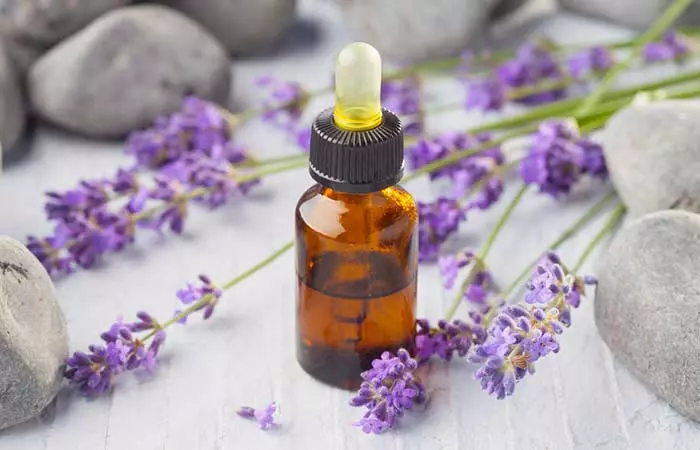
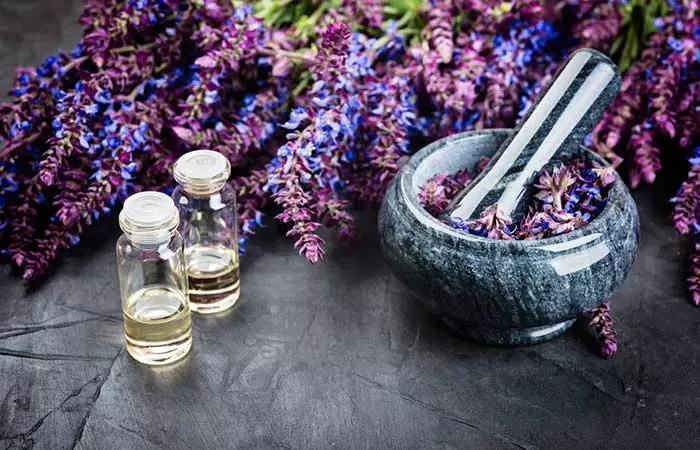
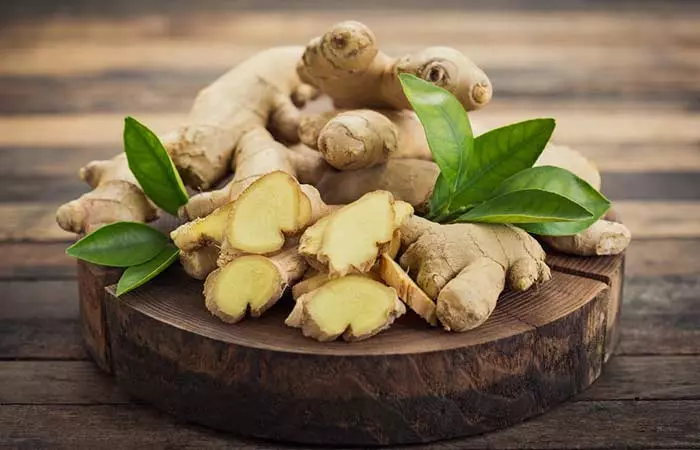
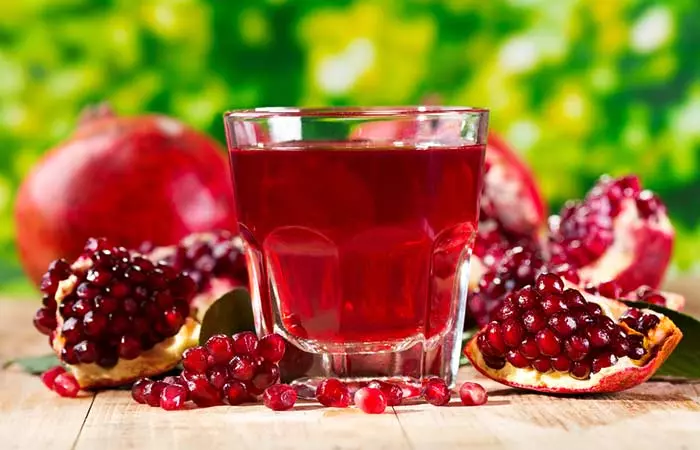
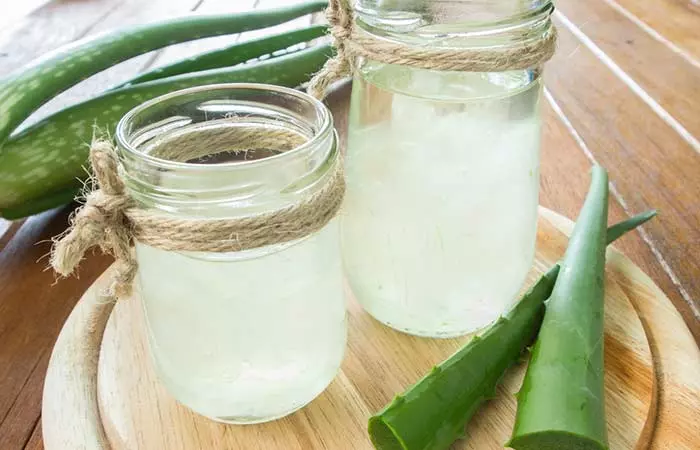
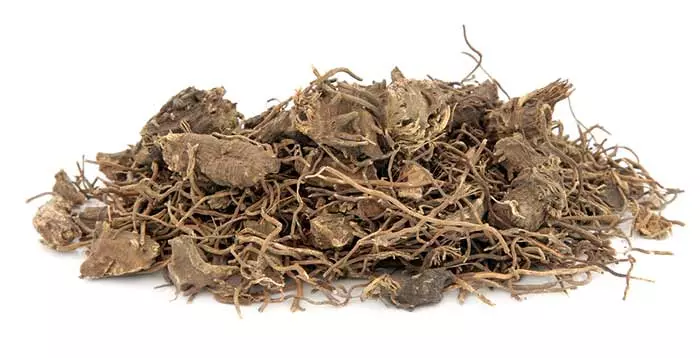
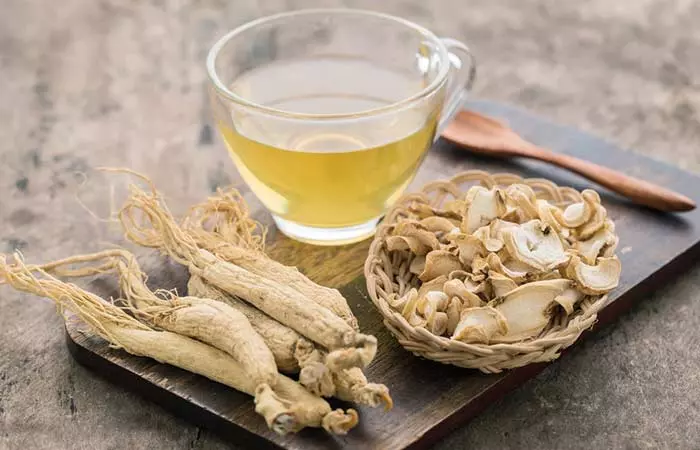
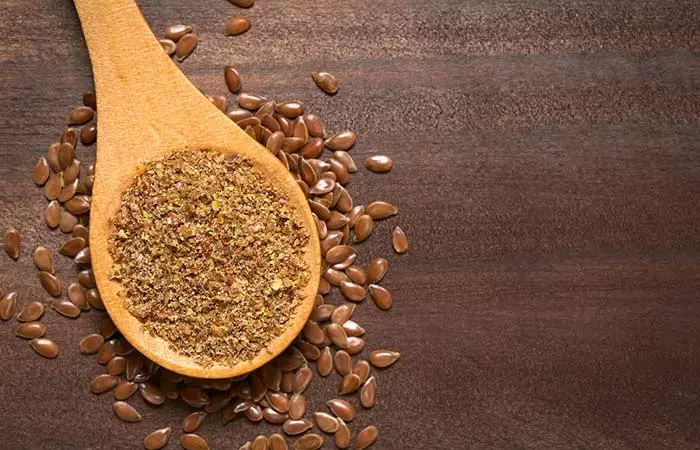

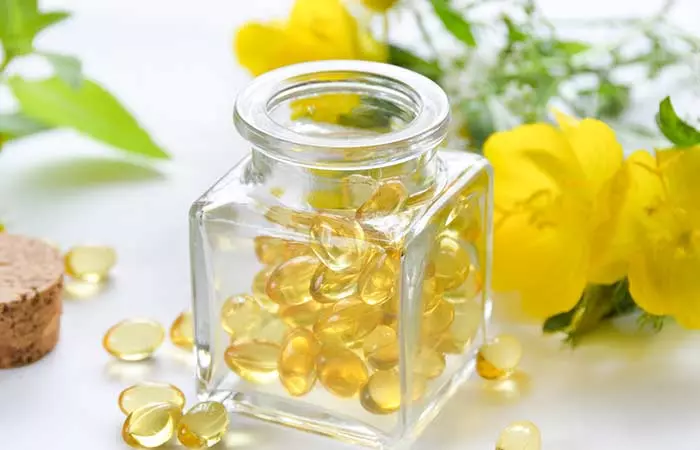
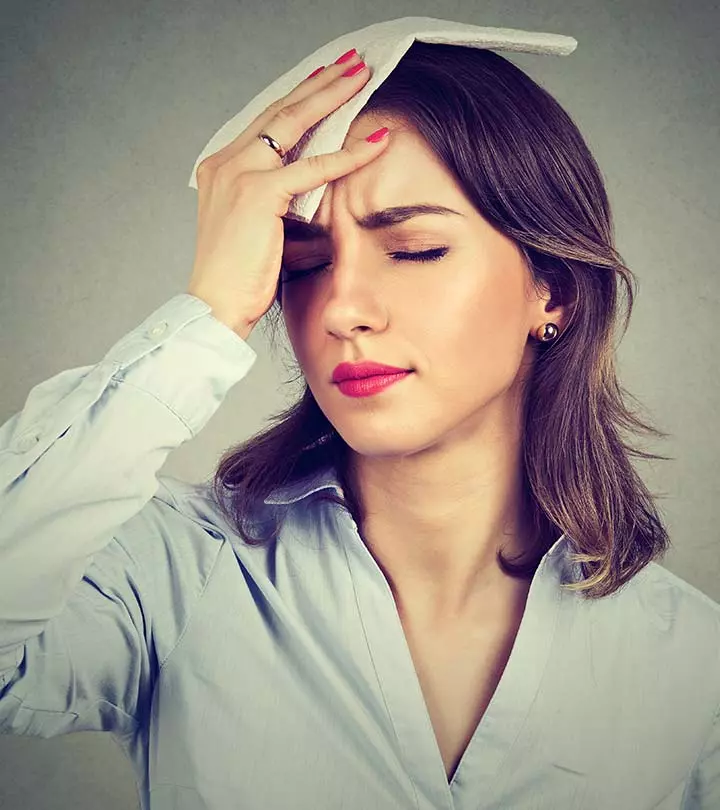

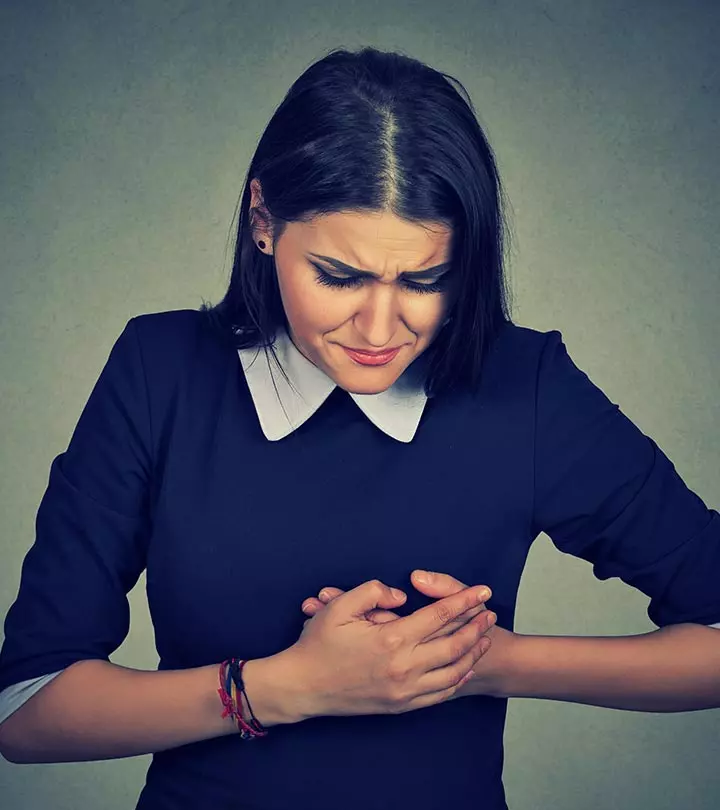



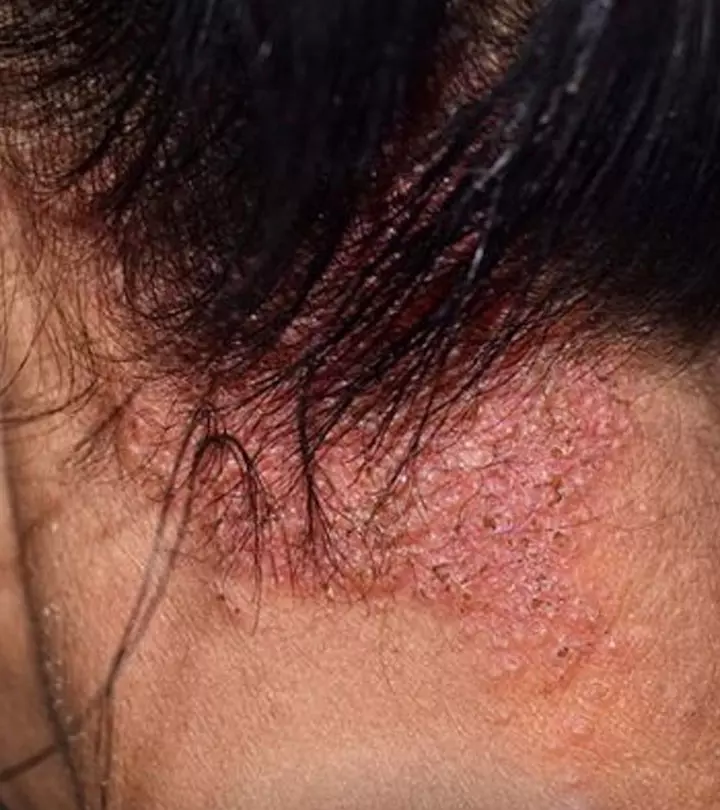

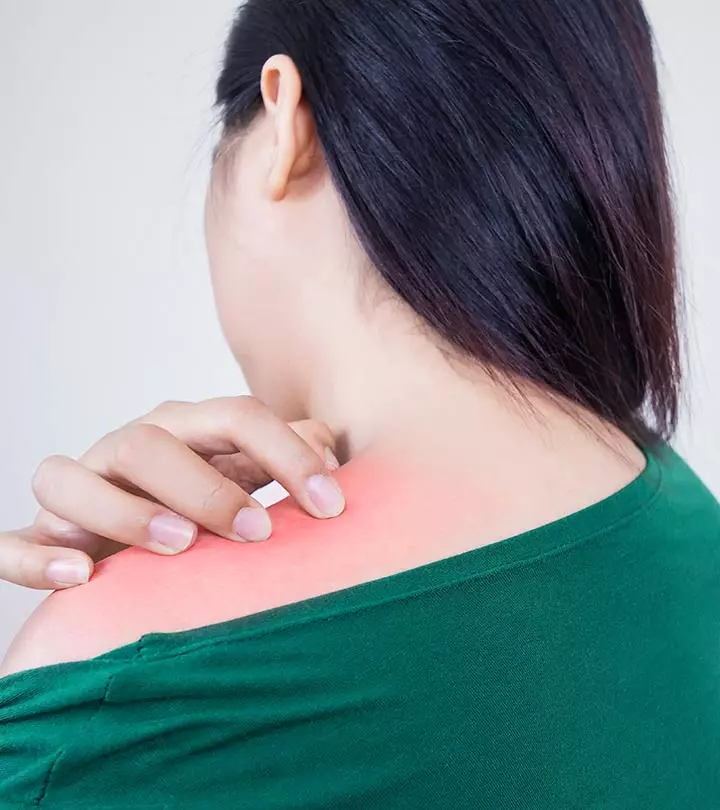
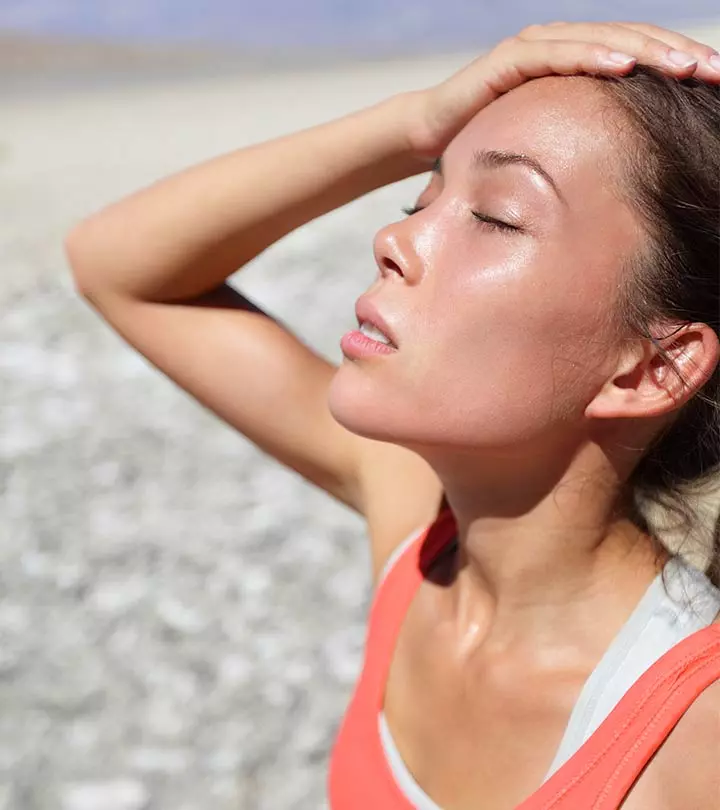



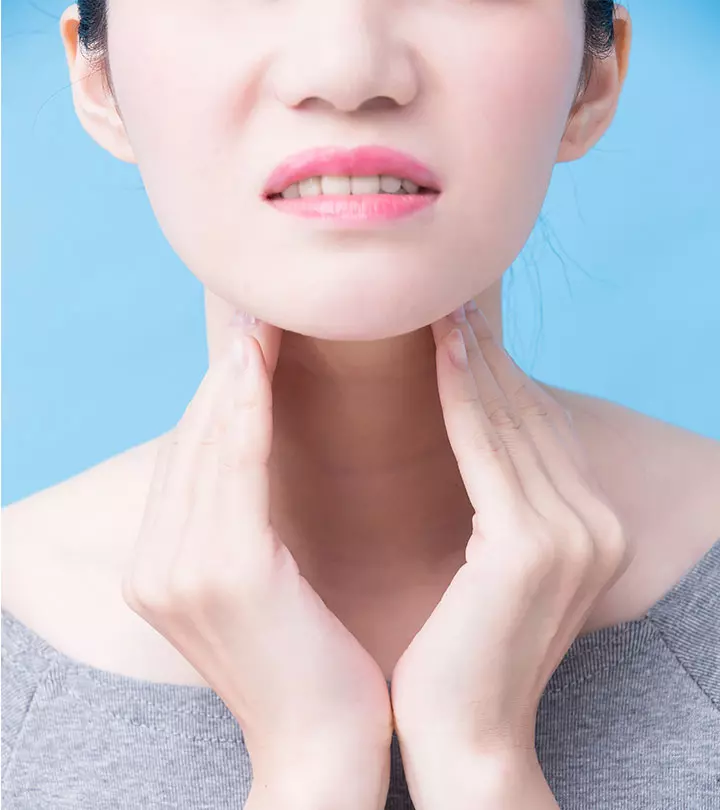
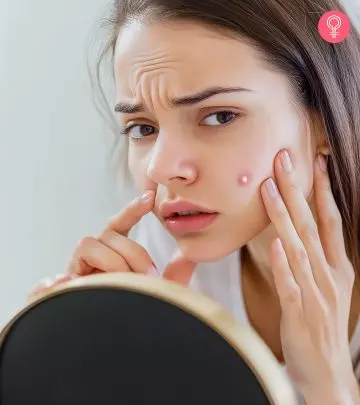
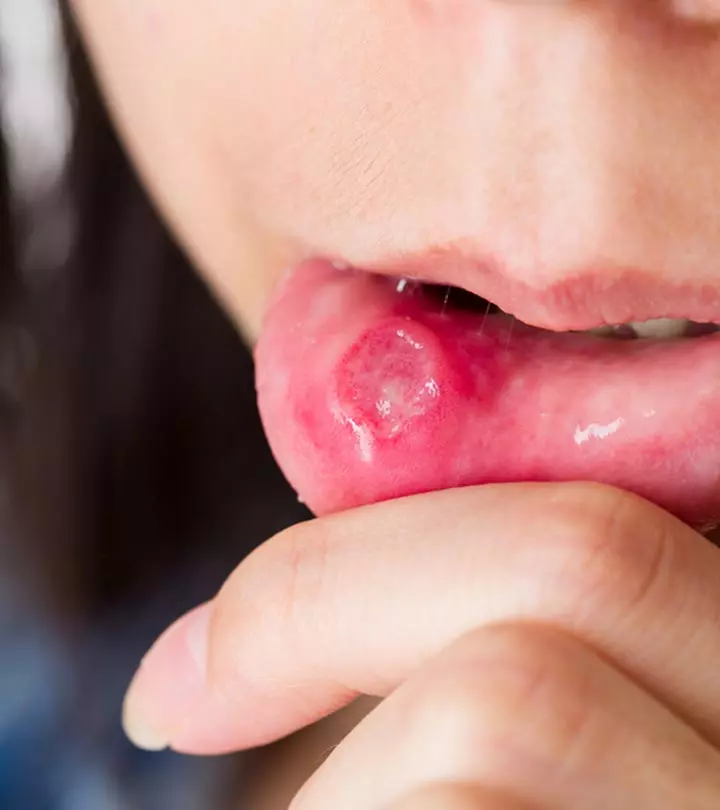

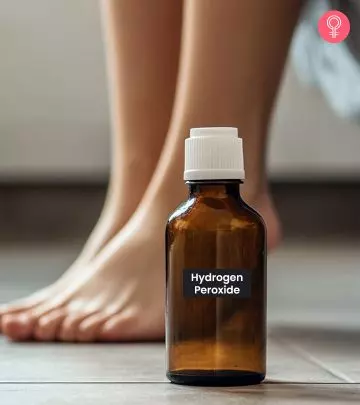
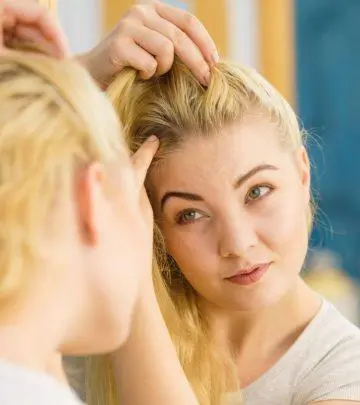


Community Experiences
Join the conversation and become a part of our empowering community! Share your stories, experiences, and insights to connect with other beauty, lifestyle, and health enthusiasts.